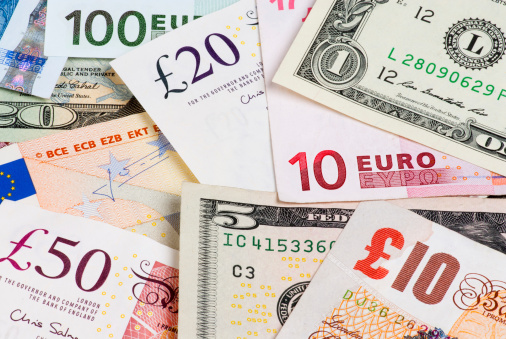Banking, finance, and taxes
Fed Balance Sheet Getting Closer and Closer to $4 Trillion
Published:
The U.S. Federal Reserve is supposedly independent of the government, even if running the Fed is a Presidential appointment and requires backing of Congress. It also pays profits back to the government. The problem is the Federal Reserve is becoming not just larger than most central banks but larger than most governments themselves. What we just cannot ignore is that the Federal Reserve’s data from this week shows that its balance sheet is nearing $4 trillion.
If you think that this does not matter, it certainly should because it is as if another financial super-power has been created since the recession. Germany’s 2012 GDP on a purchasing power parity basis was $3.25 trillion and that is the 6th largest GDP in the world if you actually count the European Union. Japan’s 2012 GDP was $4.7 trillion. It is hard to compare an asset base to a nation’s GDP but it should help as a reference. If that is not good enough, it is almost as if another Wells Fargo & Co. (NYSE: WFC) and J.P. Morgan Chase & Co. (NYSE: JPM) combined have been created into one giant asset base.
The Federal Reserve’s balance sheet grew the week ending October 16 by another $54.9 billion, and that was after a prior weekly gain of $11.3 billion. Some $45.6 billion of that was in mortgage-backed securities followed by $8.3 billion in Treasuries.
The total end game is that the balance sheet is now $3.814 trillion. With the $85 billion in monthly new bond buying and with the rollover money being reinvested it is as though then entire system has magically more than created the GDP of Germany to buy securities. We should now hit the $4 trillion market just a few days short of or just after the start of 2014.
24/7 Wall St. keeps bringing this up, and for some reason it keeps falling on deaf ears. To make matters worse, if and when the Fed decides to start unloading these it will create much more supply of debt on the market and that will drive down prices and the value of the balance sheet. That larger supply on the market will have to compete with weekly treasury Auctions.
What if the Federal Reserve never sells a single Treasury or MBS? Is there an end game that the Federal Reserve will just transfer these assets back to the government? Or would it transfer assets back to the member banks? We have had a hard time even finding what the legality any potential transfers is and there certainly is no precedent.
As the Fed keeps sucking up all of this paper, it allows Americans to do things like keep buying up stocks, real estate, junk bonds and other risk-based assets without driving up rates. Many investors have been concerned about the ramifications of when the balance sheet growth (asset buying) stops, but we rarely hear about the real figures involved.
At some point someone of importance is likely to call Uncle and this will suddenly matter. America has become an expert of waiting until something reaches what the media deems as the next crisis and only then coming together to fix the situation. It may take a reading of $4 trillion for that to happen. Maybe even $5 trillion.
Consider this closely for the years ahead: Ben Bernanke is leaving Janet Yellen in charge of the largest base of assets that have ever been delegated to any central banker in history.
Thank you for reading! Have some feedback for us?
Contact the 24/7 Wall St. editorial team.